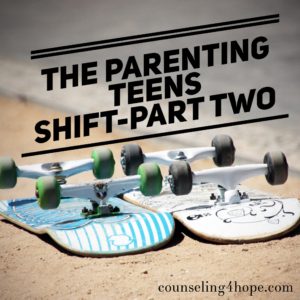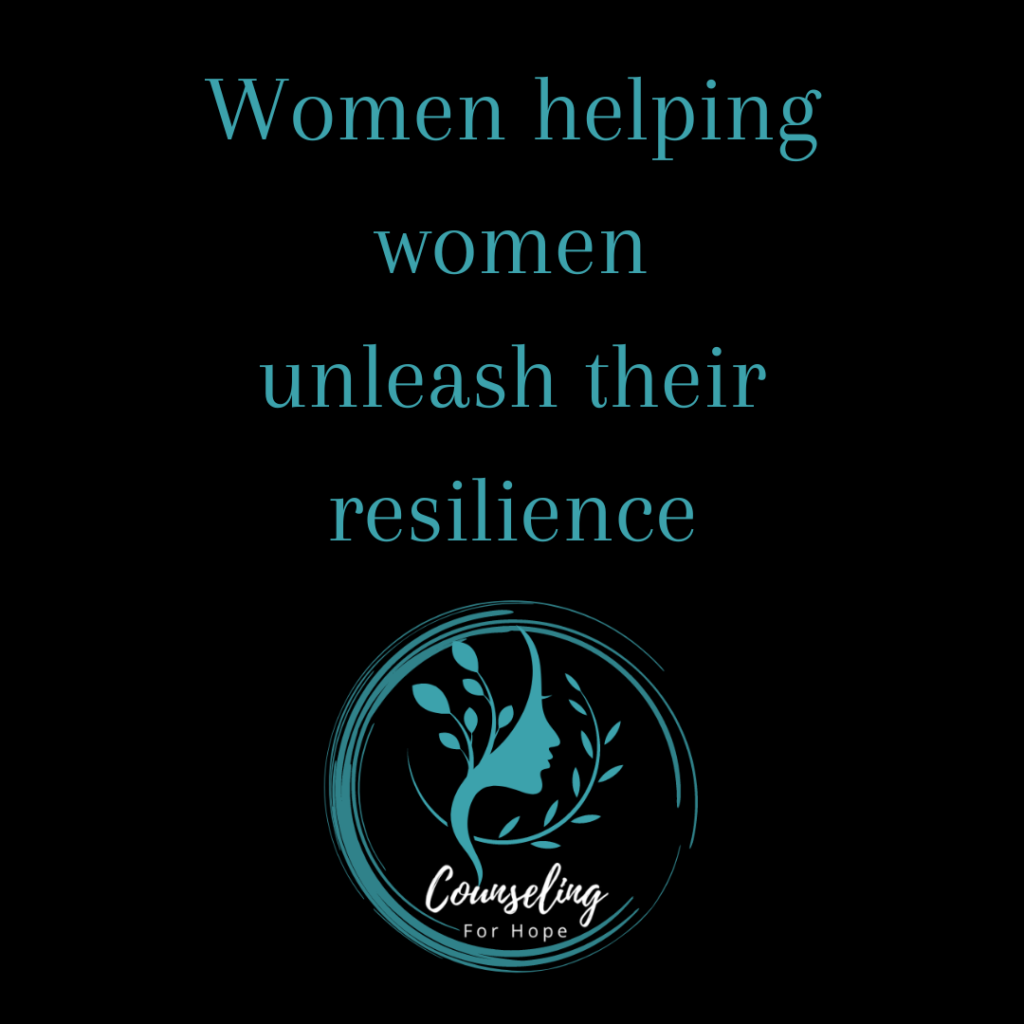 Last week we talked about the unique challenges your teen is experiencing due to their brain development and stage of life. If you haven’t read it, please read part 1 before you go any further. Click here to read the part 1.
Last week we talked about the unique challenges your teen is experiencing due to their brain development and stage of life. If you haven’t read it, please read part 1 before you go any further. Click here to read the part 1.
This week we are continuing to look at four more parenting shifts that help enable us to better parent our teens.
Holding Space for Emotions: Teens are emotional. They flash to emotions faster because of the construction going on in their brain. Remember, you have a fully functioning brain and theirs is still in development. There will be perspectives you can see that they can’t yet. An emotional moment, isn’t the time to share your perspective or give your opinion. What they need instead is to have a safe space to be emotional, no matter how insignificant the problem may seem to you. Let them cry. Let them express their fear, anger, or anxiety. Reflect it. “wow, that is so sad”, “sounds like you had a day where you felt unseen or rejected”, “man you have a lot on your plate”. Resist the temptation to fix the emotion and let your love and patience comfort their emotion. Emotion heals emotion. Only after they feel validated and understood can they hear your perspective and opinion. Giving them space to process their emotions may be what they need to solve the problem on their own. This does not mean that you tolerate disrespect. Utilize the time out principle. We all sometimes need a few minutes to calm our emotions. If your child is disrespectful or out of control, let them take some time to calm down and then provide space for them to process the underlying emotion. When you use the time-out concept, reassure them that you want to hear them. You can say something like “I really want to hear and understand you but I’m not okay with how you’re talking to me, let’s take a brief time-out and try again in _____ minutes”.
An emotional moment, isn’t the time to share your perspective or give your opinion. Share on X
Teens need a safe space to be emotional, no matter how insignificant the problem may seem. Share on X
Encouragement: Teens in our culture have a lot coming at them. They are constantly under stress to get good grades, be accepted at school, and juggle all they do. The world tells them they are only valuable because of what they look like, the grades they get, or how good they are in their extra curricular activities (band, sports, theatre, etc). What they really need are people that accept them no matter what. Encourage them for who they are (their unique attributes and character) separate and apart from behavior or results. Praise their hard work, their effort, their creativity, compassion, empathy, etc. instead of their grades or achievements. Encouraging them for who they are instead of what they do builds their self-confidence.
Encourage them for who they are separate and apart from behavior or results. Share on X- Connection: Part of the changes that happen in a teen’s life and brain as they approach adulthood is a shift from family to peers. They experience an intense need for connection with their friends similar to the intense connection they needed with their parents during infancy. Teens need good, strong friends and access to connecting regularly with these friends. The need to belong somewhere with people their own age is powerful. In our culture, teens connect through social media and texting. Have boundaries and limits on their phone but consider allowing this freedom so they meet this need. Encourage them to find good friends and allow time and space for them to regularly be with their friends. School clubs, sports or a good church youth group helps provide them safe opportunities to connect with other supportive teens.
Part of the changes that happen in a teen's life is a shift from family to peers. Share on X
- Deal with your stuff: Parenting this way is hard. It requires us to deal with our own stuff and we all have stuff. This may be the most important parenting shift you make. Let’s face it, parenting brings out our own faults, sins, and issues. What is the reaction you struggle most with as you parent? You can’t control your teen but you can control yourself. Controlling you impacts your teen dramatically. So deal with your stuff. Deal with the anxiety that comes as you see them making choices that might not go well. Deal with the irritation resulting from encountering an emotional teen. Learn to calm yourself in order to give them what they need. Deal with the fear you have of giving your child freedom because you like to be in control. Whatever your stuff is, own it, face it, and deal with it. Your teen needs to see you as a real person, with real struggles and flaws who apologizes when they mess up. This helps them learn to accept their own stuff and fosters a better relationship. What do you need to do to work on so you can be the parent your teens need?
Parenting this way is hard. It requires us to deal with our own stuff and we all have stuff. Share on X
Teens are awesome. They see the world in a different way and feel deep emotions. They love fun but also are deep thinkers. This isn’t a stage to be scared of but a stage to be embraced. The relationship you cultivate now with your teen matters. Give them the gift of making these shifts so you can help equip, empower, and prepare them for adulthood.
Teens aren't a stage to be scared of but a stage to be embraced. Share on XNeed help or think your teen needs more help than just a parenting shift? Find a good counselor that specializes in teens. There is always hope.





2 comments
Wow! Well done! We are so excited to see how parents can be encouraged to bring out the best in their teenagers! Thank you for your posts. We are definitely going to forward this on to the parents of our teens in our Youth Group. Be Blessed!
Author
Thank you for reading and sharing! I love teenagers and their parents. Glad you found it helpful.